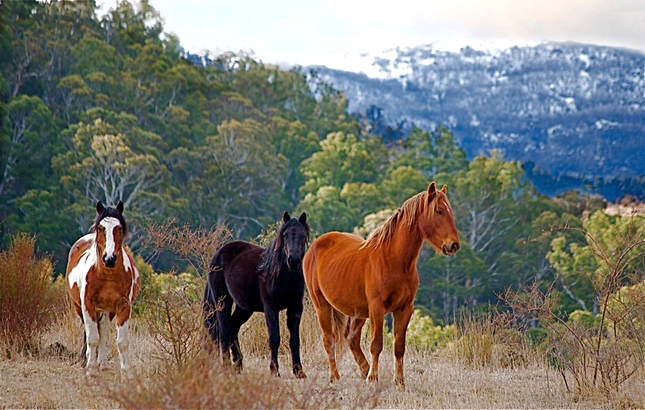Horse racing is one of the oldest and most popular sports in the world. It has a long and rich history that has captivated millions of people around the globe. But how does one go about pricing up a horse race? This comprehensive guide will walk you through the process of pricing up a horse race and provide helpful tips to make the process easier.
I. Understand the Race
The first step to pricing up a horse race is to understand the race. This means researching the racetrack, the horses in the race, and the jockeys and trainers. It is important to understand the conditions of the race, such as the length of the track, the weather conditions, and the type of race (flat, jump, or steeplechase). Knowing this information will help you make an informed decision when pricing up the race.
II. Analyze the Horses
Once you have gathered the necessary information about the race, it is time to analyze the horses. This means looking at the recent form of the horses, their racing performance, and the jockeys and trainers. Studying the form of the horses will give you insight into which horse is the most likely to win the race.
III. Calculate the Odds
The next step is to calculate the odds of the horses in the race. This can be done by creating an odds chart which will list the odds of each horse. The odds chart should be based on the form and racing performance of the horses, as well as the opinions of the jockeys and trainers.
IV. Research the Betting Market
Once you have created an odds chart, it is important to research the betting market. This will help you determine the betting public’s opinion of the race and the horses in it. Researching the market will also give you insight into which horse is the most popular and which is the least popular.
V. Set the Prices
Once you have gathered all the necessary information and analyzed the horses, it is time to set the prices. This means setting the odds of the horses in the race. It is important to set the odds accurately, as this will determine how much money the bookmaker will make if the horse wins the race.
VI. Monitor the Market
Once you have set the prices, it is important to monitor the market. This means watching for changes in the betting public’s opinion of the race and the horses in it. If there is a sudden surge in the betting public’s opinion of a certain horse, you may need to adjust the odds accordingly.
VII. Understand the Risks and Rewards
When pricing up a horse race, it is important to understand the risks and rewards associated with it. The risks include the possibility of losing money if the horse you have priced up does not win the race. The rewards include the potential to make a lot of money if the horse you have priced up wins the race.
VIII. Set Limits
It is important to set limits when pricing up a horse race. This means setting a maximum amount of money that you are willing to risk and a minimum amount of money that you are willing to win. Setting these limits will help you stay within your budget and ensure that you are not taking on too much risk.
IX. Have a Backup Plan
It is important to have a backup plan when pricing up a horse race. This means having a plan in place in case the horse you have priced up does not win the race. Having a backup plan will help you minimize your losses in the event that your predictions are wrong.
X. Have Fun
Finally, it is important to have fun when pricing up a horse race. Horse racing is an exciting sport and it can be a great way to make money. Just remember to stay within your budget, set limits, and have a backup plan in case things do not go as planned.
Conclusion
Pricing up a horse race can be a daunting task, but it does not have to be. With a little research, analysis, and understanding of the risks and rewards, anyone can price up a horse race. Just remember to have fun, set limits, and have a backup plan in case things do not go as planned.

